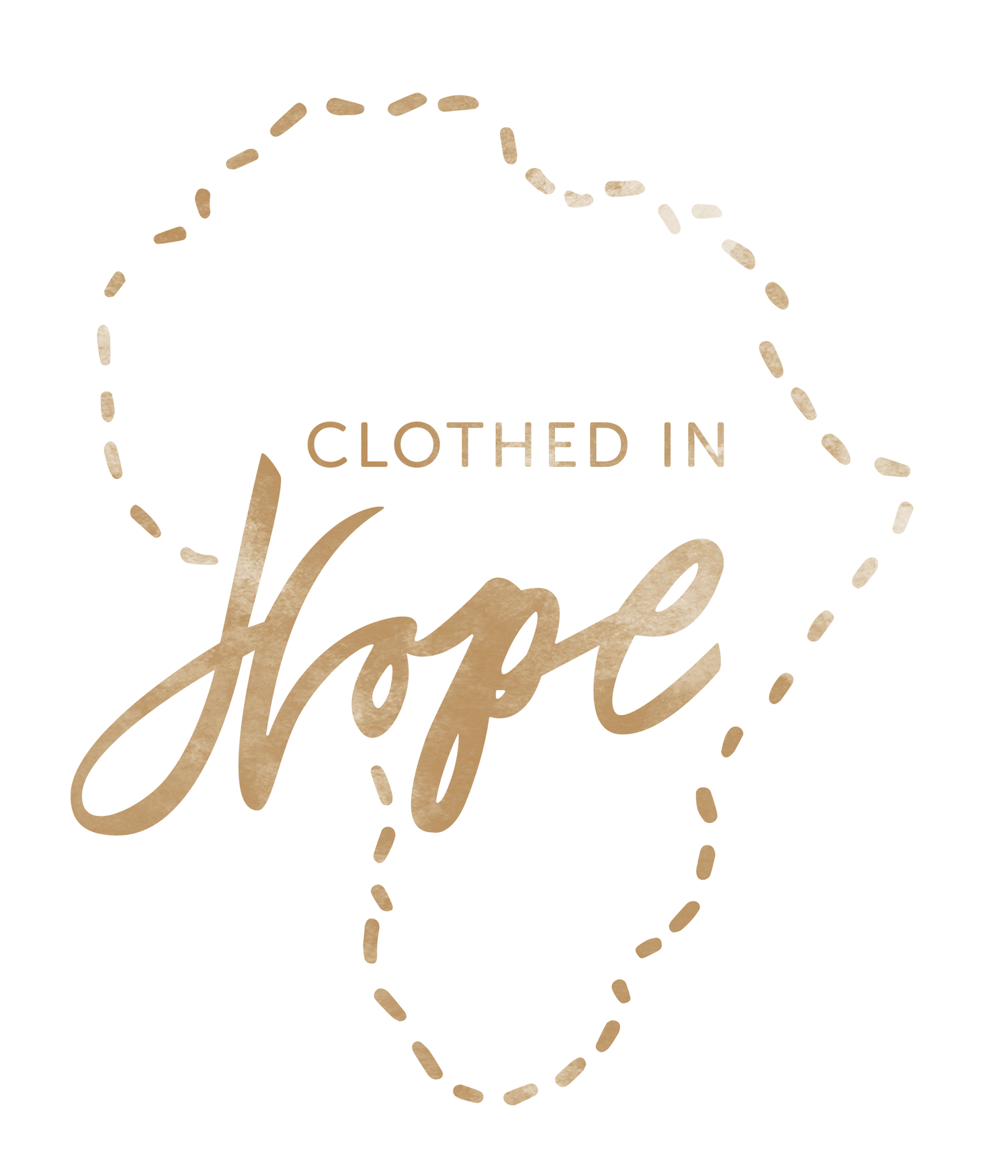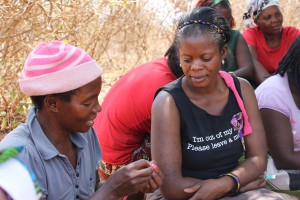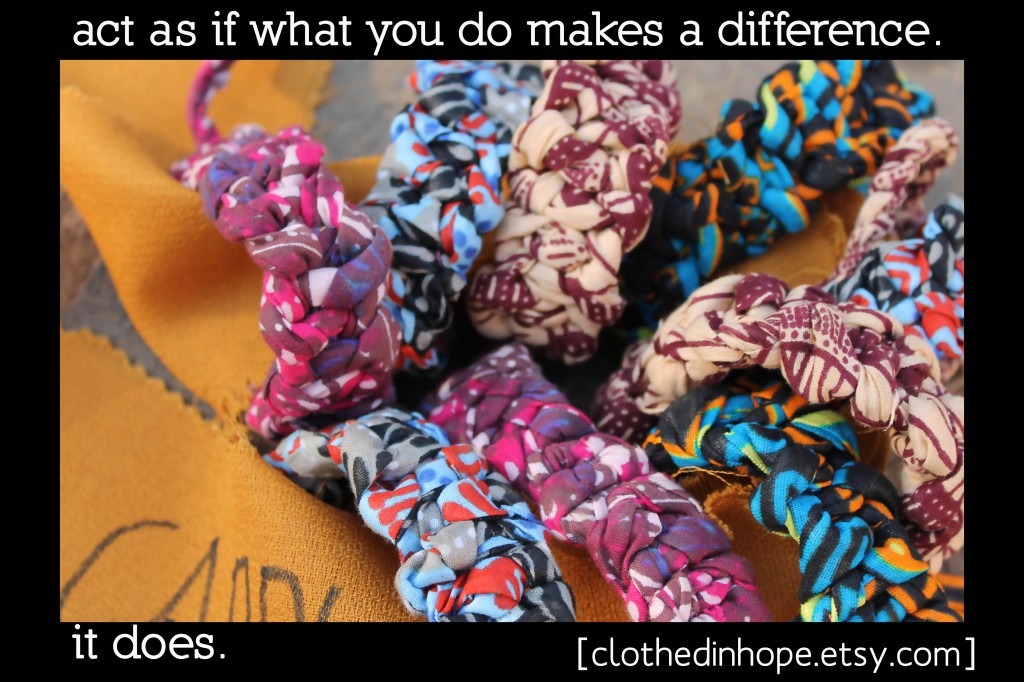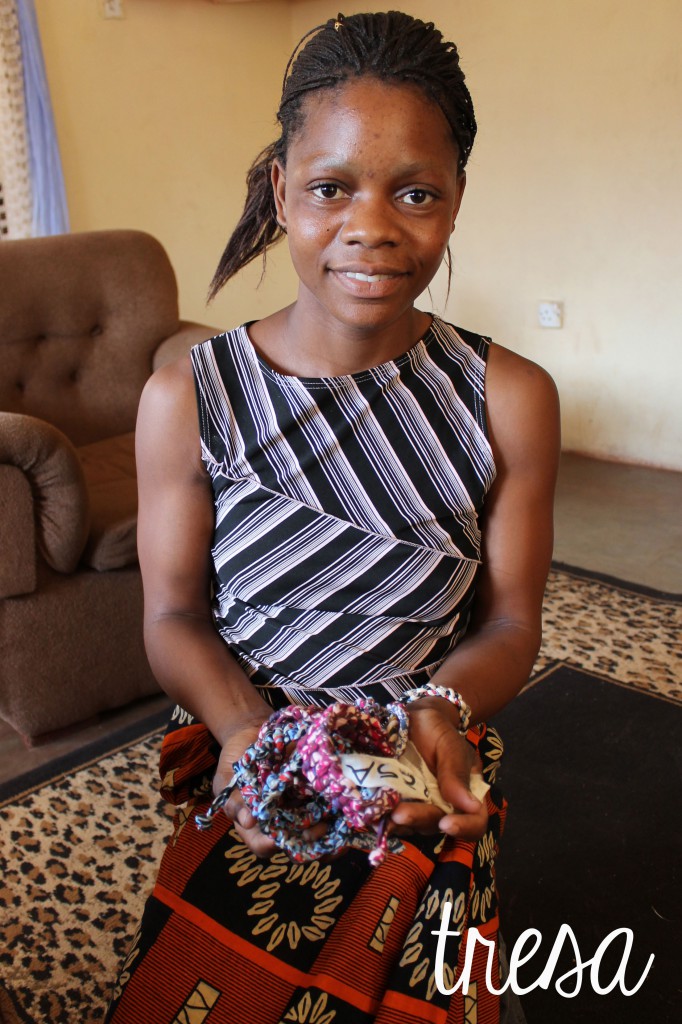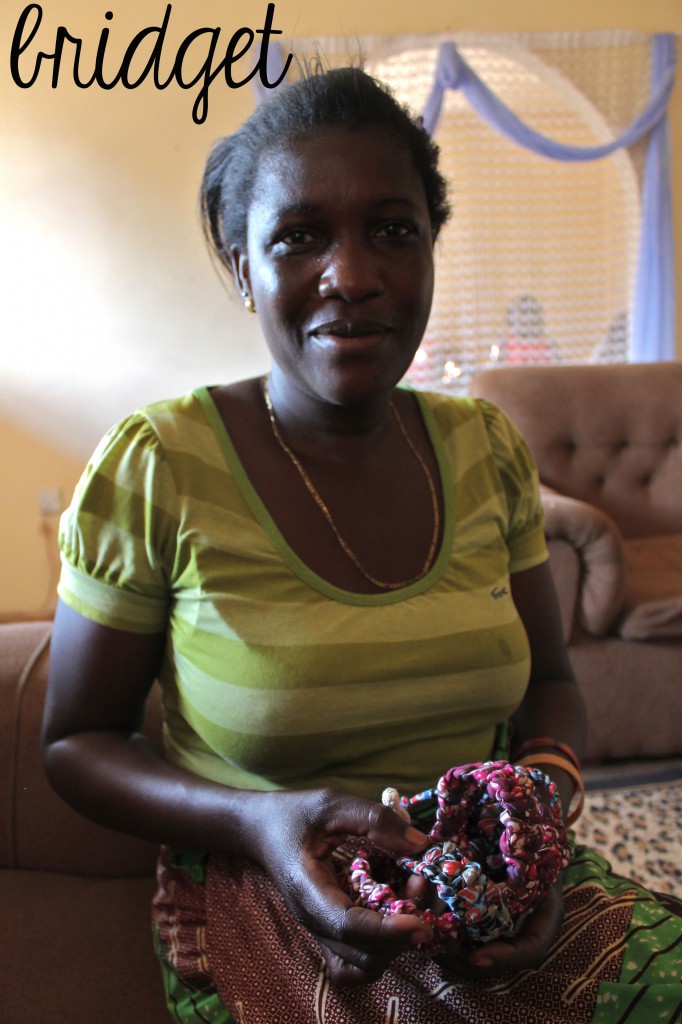
The second weekend of our training program here in Zambia, way back in late July, the CiH women were given an assignment to design fabric bracelets. Back then we had no idea just what this would mean for our group, for our organization, and for each individual involved. Our women came back with 2 beautiful designs, the Twist bracelet and the Knot bracelet, and we’ve been making them ever since.
Bracelets weren’t part of the plan. But hope motivated by love always has been. Bracelets are just our method for spreading and cultivating hope in the lives of so many across Zambia. If I don’t say it enough already, our CiH women really are incredible.
As mentioned in the last post, Hope is Contagious, our women couldn’t keep the skill to themselves once they saw what it’s done for their lives and the lives of their families. They had to give it away, to share it generously and sacrificially.
This past Thursday we all boarded a Zambian mini-bus (an experience in itself), and traveled over 2 hours to the remote village of Muchochoma. Down a bumpy dirt road and taking a turn that looked like it was into a bunch of bushes, we arrived at Muchochoma after hours of singing, laughing, and celebrating what CiH is doing in the lives of many. Not even just CiH, but hope and love. Chikondi. Each Ng’ombe CiH woman wore her {re}styled shirt sample and matching accessories from the previous week’s training sessions, all so proud of their beautiful designs and great sewing talent. Thinking back to this one day in particular, we couldn’t be prouder either. Those women not only feel inspired but they are inspiring to us, and we hope to you also.
Huddled under the one big shade tree in the village on a hot summer day in late September, we explained the motivation behind CiH: Chikondi. The Ng’ombe CiH women described the value of commitment, quality work, and dedication to the program as core values they’ve thrived upon, values counter-cultural and widely unheard of. There was nothing super similar between the two groups. Ng’ombe women were all dressed up in original designs, Muchochoma women were dressed in worn shirts and traditional chitenge wraps. Ng’ombe women live in a chaotic capital city slum compound, Muchochoma women live in grass huts in the bush with the only 40 or so people they’ve known their whole lives. So many more differences exist, yet they all have one thing in common. They understand the value of love and relationships in life.
It didn’t make sense for 10 CiH women to board a bus on one of their workdays to share a skill that they were taught, much less with 12 strangers. Nor did it make sense for them to sacrifice their time and materials before leaving by preparing strips of chitenge fabric for women to learn how to make the Twist bracelet. But what about love makes sense anyways? We’re talking about real, honest, selfless, beautiful love.
Each Ng’ombe woman paired up with a Muchochoma woman to teach her about hand stitching and bracelet making. Despite all differences, bonds were formed, laughs shared, and a good time had by all of us. The Muchochoma women picked up the skill in record time, just an hour or so, and were making Twist bracelets like they had known how their whole lives. Incredible women, they are. Three 2-week old babies joined the group on the backs of their mothers, 20 children sat on the outskirts of our group just watching, and we all got the sense that this would be a pivotal moment for this village. Crazy stuff happens when we choose to love, only through the recognition of how much we’re loved. Last Wednesday, Muchochoma was a village of skill-less women struggling to survive. Last Thursday we drove away from a group of women empowered, encouraged, and skilled, all because our Ng’ombe CiH women stepped out in love.
I could go on and on about this day in Muchochoma, but words will fail to share the depth of what happened on that day. Photos will even fall short. If I can share anything though, it’s that Chikondi isn’t just a brand of bracelets. It’s love that creates and sustains hope, transforms families and communities, and breaks the chains of deep-rooted oppression. And it’s spreading.






(Check out facebook.com/clothedinhope for more photos and youtube.com/clothedinhope for a couple of videos from the Muchochoma training day)
